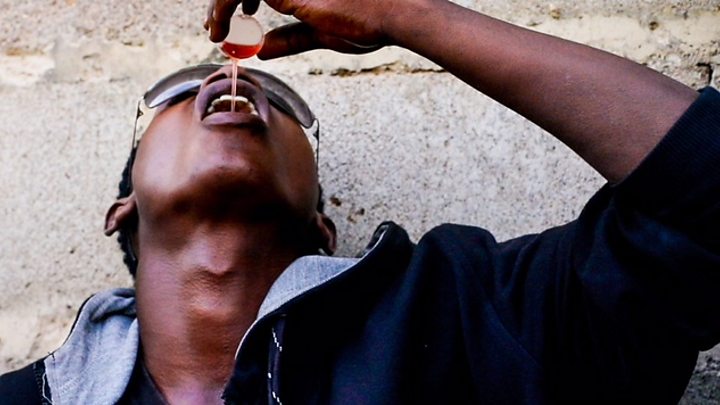
Don't keep bad company, Not even if the person was your family member in Nigeria.
Rohypnol, commonly known as a “date rape drug,” is a powerful sedative that can cause significant physical and psychological harm when misused. Although its use is illegal in many places, it is still illicitly distributed and can lead to addiction. Identifying the physical signs of Rohypnol addiction can be vital in recognizing the problem early and seeking help. Here are 10 physical signs that may indicate a person is struggling with Rohypnol addiction:
- Excessive Drowsiness: Rohypnol is known for its strong sedative effects, leading to excessive drowsiness and lethargy throughout the day.
- Slurred Speech: Those addicted to Rohypnol may experience difficulty articulating words, resulting in slurred or slow speech.
- Impaired Coordination: Rohypnol use can cause issues with balance and coordination, leading to clumsiness or difficulty walking.
- Memory Loss: One of the key characteristics of Rohypnol is its ability to cause amnesia. Those addicted to the drug may frequently forget recent events.
- Muscle Relaxation: Rohypnol’s sedative effects include muscle relaxation, which may present as a lack of muscle tone or weakness.
- Visual Disturbances: Individuals using Rohypnol may experience blurred vision, sensitivity to light, or other visual disturbances.
- Nausea and Vomiting: Rohypnol use can lead to gastrointestinal issues such as nausea and vomiting, especially after heavy use.
- Respiratory Depression: High doses of Rohypnol can slow down breathing significantly, which may be noticeable in someone who is struggling with addiction.
- Altered Mood and Behavior: Individuals addicted to Rohypnol may exhibit unusual mood swings, increased aggression, or changes in personality.
- Withdrawal Symptoms: Those who have developed a dependency on Rohypnol may experience withdrawal symptoms when not using the drug, such as anxiety, restlessness, tremors, and insomnia.
If you suspect someone you know may be struggling with Rohypnol addiction, it is crucial to encourage them to seek professional help immediately. Treatment options include detoxification, therapy, and support groups, all of which can be instrumental in overcoming addiction and leading to a healthier, drug-free life. Remember, early intervention is key to effective recovery.







